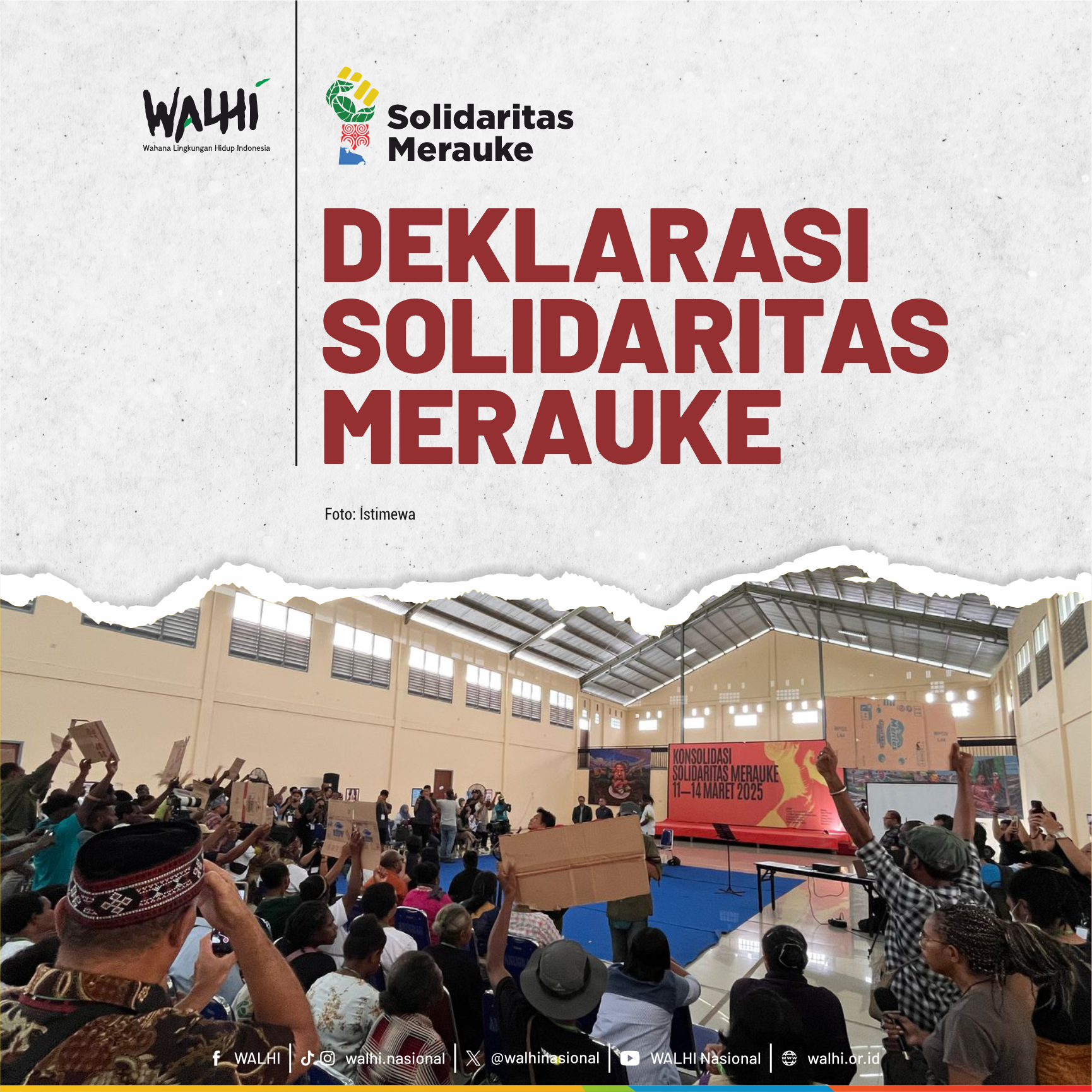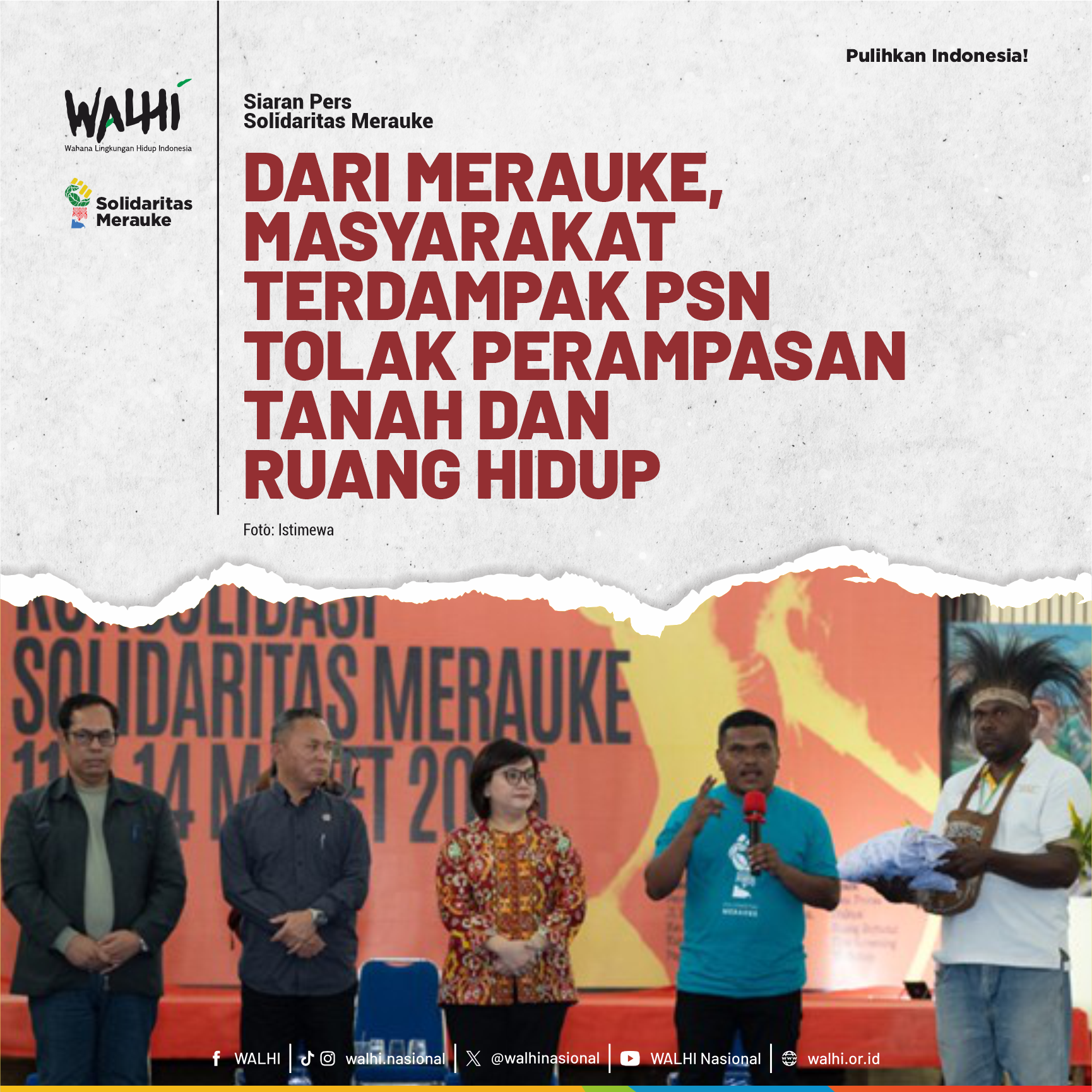As the UN climate talks in Bangkok enters its fourth day, climate justice groups reiterate demands they issued at the COP23 in Bonn in December 2017. According to the groups working together under the banner “Reclaim Power,” these are demands must be met by governments no later than December 2018 in order to be on track for meeting the goal of keeping global temperature rise to below 1.5 degrees. This is the goal articulated in the agreement forged during the Paris climate negotiations in December 2015. Lidy Nacpil, Coordinator of Asian Peoples Movement on Debt and Development: “More than two and a half years after Paris agreement, governments are still debating the rules and guidelines for implementation. We are running out of time. With or without the “Paris rulebook” – there are several urgent steps the governments can and must do to speed up the transformation of energy systems.” Lucy Cadena, Climate Justice and Energy Coordinator of Friends of the Earth International: “To keep people and the planet safe we need a transformation of planetary proportions. But that transformation is not beyond us. Climate justice means saying no to new dirty energy projects and bringing about a just transition to a 100% renewable people’s energy system.” Ian Rivera, National Coordinator of Philippine Movement for Climate Justice: “By COP24, all governments must commit to full transition to 100% renewable energy systems for people and communities – by 2030 for “developed” countries and as early as possible before 2050 for “developing” countries. It is imperative for all countries to do their fair share of climate actions to end fossil fuel use and pursue a just transition to to clean, safe, affordable renewable energy as swiftly as possible. This is a fundamental requirement to achieve the Paris agreement goal of keeping temperature rise to below 1.5 degrees. The fair share of “developed” countries include delivering on their obligations to provide the climate finance as stipulated in the UN Framework Convention on Climate Change which they all agreed to. By COP24, “developed countries” must make substantive, adequate pledges of climate finance with a clear time table for delivering on the pledges.” Sreedhar Ramamurthy, Managing Trustee of Environics Trust India: “By COP24, all governments must agree on an international moratorium on the expansion of coal energy effective January 2019. Coal is the dirtiest among all fossil fuels. The Indian Government projects itself as a climate leader, but the Coal Ministry in India is pushing ahead over 300 coal related projects and Indian Banks and Financial Institutions continue to be the biggest financiers. To meet our climate targets and stop life-threatening pollution we need to immediately stop any expansion of coal mining and coal based thermal plants. There is already in fact a large over-capacity and stranded assets of over 40 GW. Banks and Financial Institutions must stop any further financing of coal and fossil fuels.” Ayumi Fukakusa, Friends of the Earth Japan: “ By COP 24, all governments must commit to phase out all fossil fuel subsidies and complete the phase out not later than the year 2020. While governments are saying they work on to stop climate change, they still keep funding fossil fuel projects. Japanese government, for example, decided to support at least 7 coal power plant projects in Vietnam and Indonesia since 2016. Local communities are suffering from loss of livelihood, human rights violations, and land grabbing due to the projects. With historical responsibility to climate change, developed countries like Japan must do their fair share, which means drastic emission reduction and paying their climate debt, not fueling climate catastrophe further. They must stop destructive coal projects immediately and phase out fossil fuel subsidies by 2020.” Martin Vilela, Climate Justice Program Coordinator, Bolivian Platform on Climate Change, Bolivia: “By COP 24, governments must stop all large and extremely dangerous energy projects These projects include, coal, oil and gas, mega-dams, nuclear, agrofuels and waste to energy incineration. There must also be an outright ban on fracking.” Yuyun, Climate Officer, WALHI Indonesia: “We demand that governments ADOPT binding national and international policies that prohibit industries who profit from fossil fuels and the climate crisis, and those representing their interests, from participating in international and national climate policy forum.” FOR INQUIRIES: Claire Miranda - +63 917 511 5334 ([email protected]) Nathan Thanki - +44 7495 686 242 ([email protected])
Climate Justice groups reiterate demands for governments to speed up energy systems transformation






